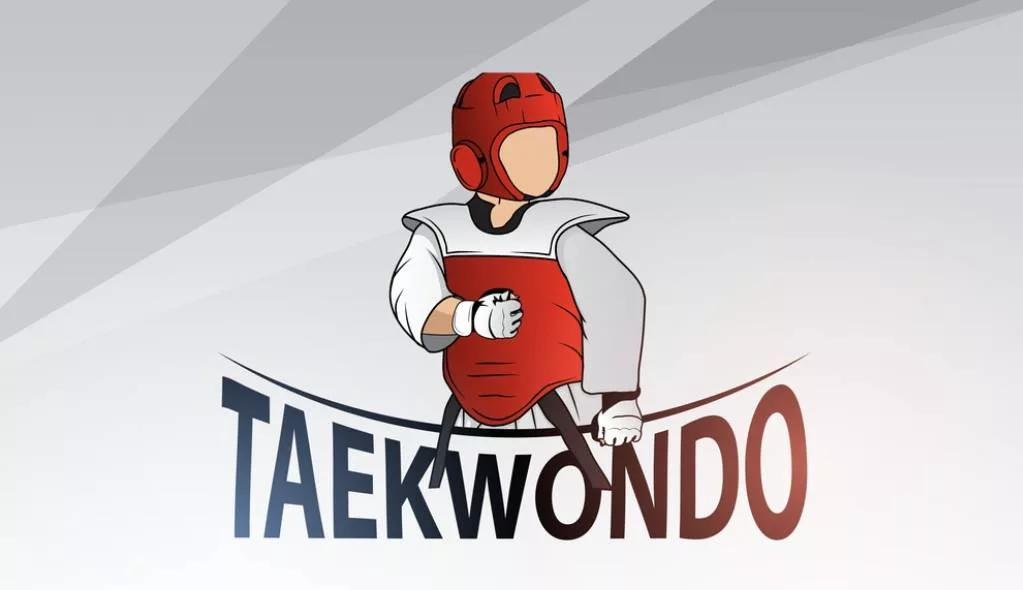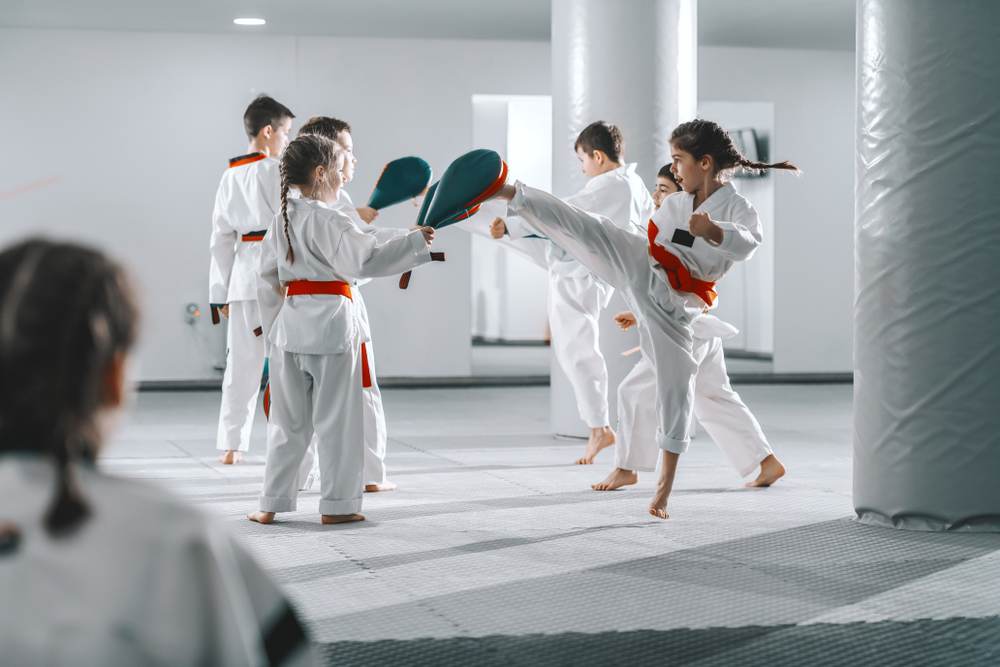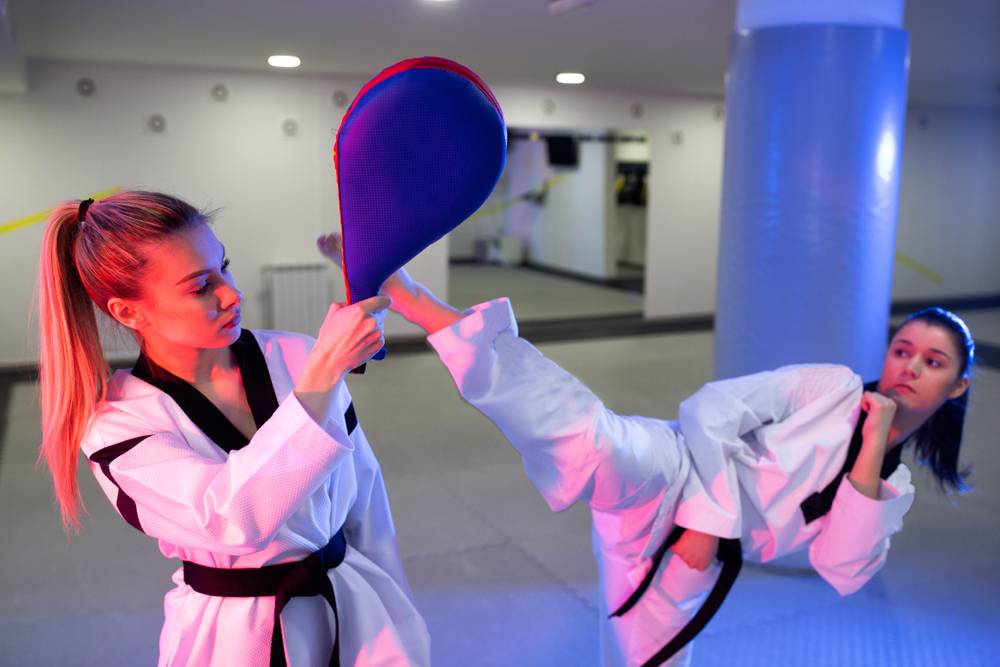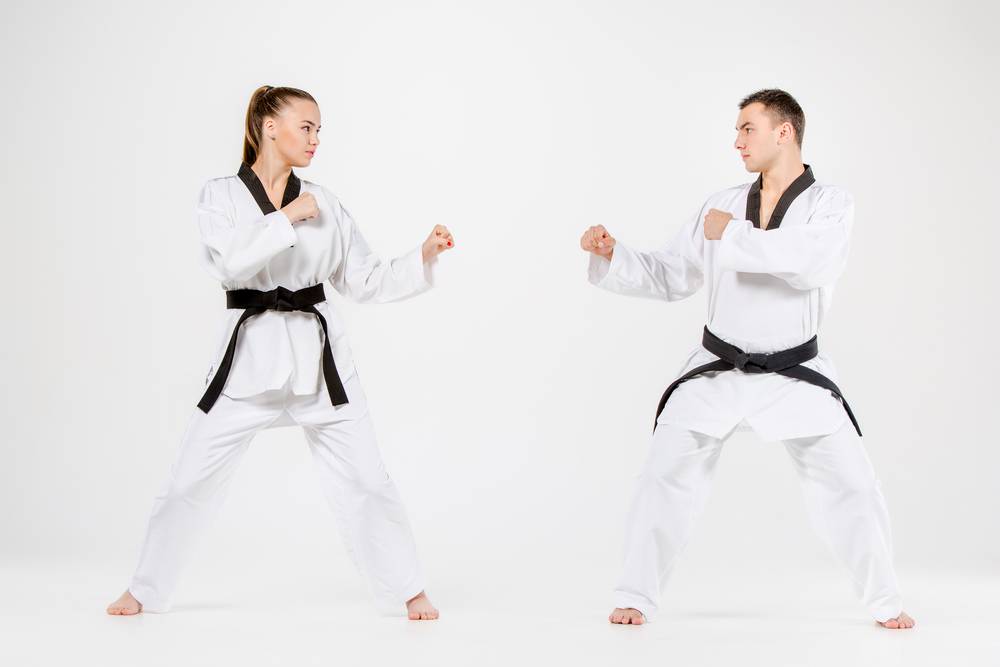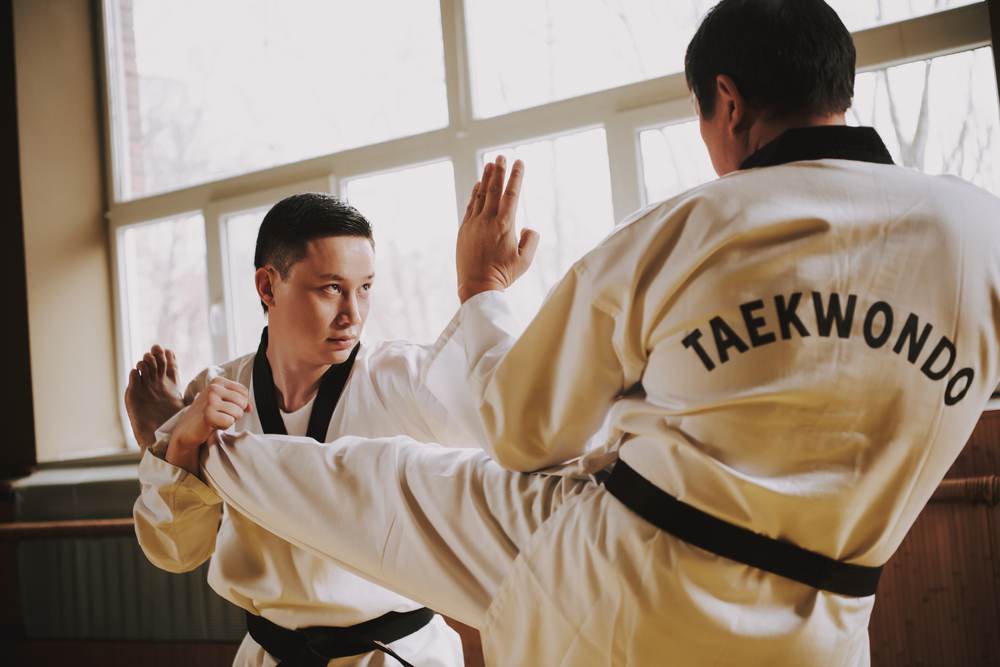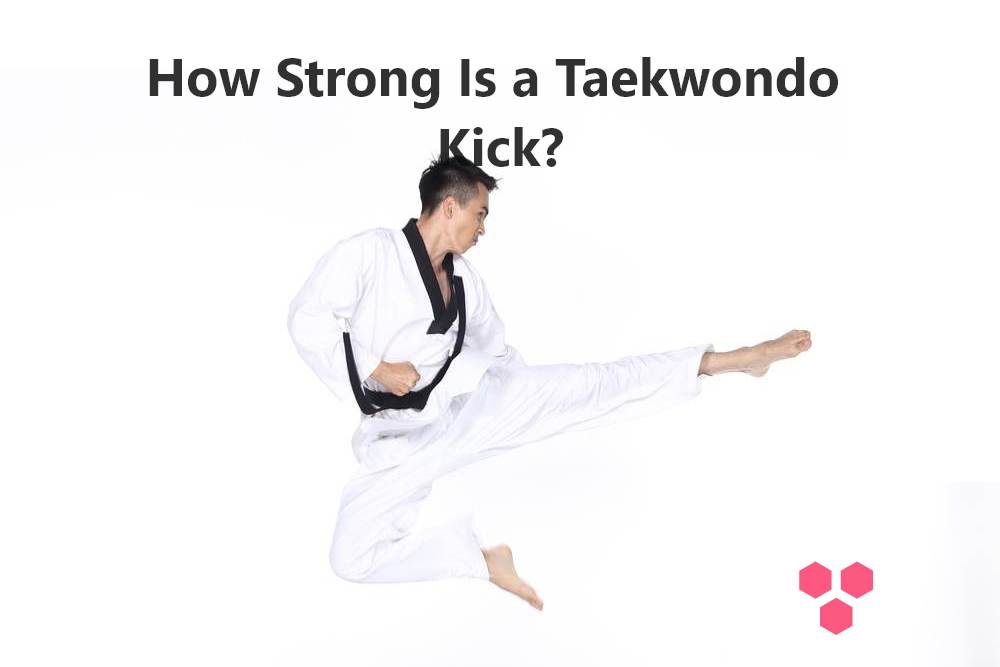As a community, Tae Kwon Do practitioners have a code of rules which govern interaction among its members.
These rules help to maintain the central tenets of Tae Kwon Do: loyalty, respect, courtesy, perseverance, and justice.
In this post, we have compiled a list of these rules of etiquette.
These rules cover not only the behavior of students while in school, but also behavior in the outside world.
For students of Tae Kwon Do, proper manners are to be practiced continually, not just at school.
Importance of Etiquette in Taekwondo
Karate etiquette is a prescribed set of standards for students and practitioners’ conduct and attitude toward themselves and others.
Etiquette in the Do Jang ensures a safe and positive environment that is necessary to accompany the physical aspects of Taekwondo training.
Taekwondo Etiquette
Angle and Posture of Tae Kwon Do
When you bow, you must be in a position of attention with your head bent at 45 degrees and your back at 15 degrees.
You must bring the heels of your feet together vigorously.
When Sitting in the School
- When a superior sits, you must kneel down and bow.
- When a superior enters the school, you must get up from your seat and greet him or her; only after the superior sits down can you kneel down and bow.
At School
- When you enter the school, you must bow to the flag, to the school president, teacher, and to all other higher-ranking black belts.
- There should be an absence of unnecessary conversation in the school; students should be dignified and reverent within the school.
- The uniform must always be kept with care.
- Except on special occasions, you must refrain from wearing your uniform when coming to or going from school.
- You must use honorific words (sir or ma’am) when speaking to the president, teacher, or higher-ranking black belts, regardless of their age within the school.
- The president, teacher, higher-ranking black belts, or black belts are permitted to speak in non-honorific terms, regardless of age.
- When not wearing your uniform, you must always respect and obey persons who are five or more years older than you.
Wearing the Uniform and Taking Care of It
- The uniform must be kept clean, and you must be neatly dressed.
- When your uniform becomes disheveled during practice or a game, you must fix it only after stopping your action and while turned away from all others.
In Society and at Home
- You must observe respectful decorum and speak courteously at home, school, and in society.
- You must observe the proper decorum, keeping a respectful attitude toward your teachers, superior officers, colleagues, and juniors.
Conversation with Others
- Concerning your posture, when you sit and talk with other people, you must face them with a courteous attitude and an open chest.
- The conversation must be executed with a ready smile so as not to give the other person an unpleasant feeling. The conversation must be executed in a low voice, calmly, and in consultation so that the other person can understand.
- When having a conversation with another person, you must be careful not to spray saliva.
- You must especially be careful about the other person’s title or position.
- After carefully listening to the other person, you must express your opinion and contention based on true and accurate judgment.
- You must not interrupt another person who is speaking.
- You must not stare at another person with a hateful attitude.
- When conversing with a superior, you must not touch his body.
Dress and Appearance
- The dress must be neat.
- You must be formally attired in a tournament, a judgment, or at other events and ceremonies.
- Hair must be neatly combed.
- You must get used to leading a neat and clean life.
- You must not show laziness in your appearance or attire.
Getting in a Car
- When getting in a car with a superior, you must always help the superior person into the car first, and when getting out of the car, you must do the opposite, first leaving the car and then helping the superior out.
Telephoning
- When you make a telephone call, you should give your name first and then ask about the other person’s name.
Eating
- You must sit with the correct posture when at the table.
- You must refrain from talking when eating a meal as far as possible.
- You must eat only after your superior begins.
- Even if the other person is a friend or a guest, you must show him the same respect that you show to a superior.
- You must not make unpleasant sounds with your spoon, or while drinking and chewing.
- You must eat food with your mouth closed so as not to show the inside of your mouth.
- In a Social Setting: When you introduce someone to a superior, you must politely ask the superior’s permission, and must introduce his junior to him.
- When you have the honor of being introduced, you must wait for the introducing person’s words and then greet.
- In the event that you shake hands, you must respond only after the superior or the senior person thrusts out his hand.
- You must not shake hands too strongly or too limply.
Visiting
- Before visiting another person, you must inform that person of your visit, regardless of how high or low his social position is.
- If it is possible, you must refrain from visiting on holidays, early in the morning, late at night, at meal times, or during bad weather.
- If the person is busy or he is not feeling well, you must leave as soon as possible.
Attending to Your Superiors
- When entering a room, the attendant must enter first, then stand to one side and allow his superior to enter and lead the way.
- Before sitting on a seat, you must wait until your superior is seated comfortably.
- During the time that a meeting is in progress, an attendant must always stand guard over the superior and then must take care in responding to him when necessary.
- When the superior expresses his opinion, you must listen carefully.
Seating Arrangements at Ceremonies
- The seating must be arranged in the following order: chairman, vice-chairman, director, president, teacher, and higher-ranking black belts. But the chairs should be arranged in such a manner that the center is the topmost seat, with the left and right seats flanking the top seat.
- When the location of the seating is changed, you must always arrange it in the order of the most superior to the least superior person.
- When the chairman and president give a formal address, the seating arrangement is the master of ceremonies first, and then the chairman and president.
- When the ceremony ends, the most superior person must get up first, followed by the next most superior, etc.
Drinking and Smoking
- If and when you receive a cup from a superior, you must take the cup in a restrained manner, and you must drink turning your head away slightly.
- You must not spoil any other person’s pleasure because of your good or bad feelings.
- When smoking in front of a superior, you must refrain from any insulting or disrespectful act (such as blowing smoke in his direction).
The attitude of Leaders (President and Teacher)
The attitude of Leaders (President and Teacher)
- The president or teacher must have an exemplary personality so that his students can respect him.
- The president or teacher must be especially careful because the students will follow the example of each and every one of his words and deeds.
- Leaders must not slander or defame their companions or superiors in front of their students.
- Leaders must refrain from using ugly words or practicing ugly deeds before their students.
- The president and teacher must have a definite attitude.
- They must not tell lies or use tricks.
- They must not talk a lot before their students.
- They must carefully consider the family circumstances and difficulties of their students, and must sincerely help them.
- They must have counseling rather than an ordering attitude.
- They must correctly distinguish between public and private matters.
- The president and teacher must avoid luxury, vanity, excessive merrymaking, gambling, and excessive drinking and must show their diligence and frugal life to their students.
- The president and teacher must take the initiative in the development of the community and must practice what they preach.
- The president and teacher, higher-ranking black belts, black belts, and all Tae Kwon Do practitioners must have an educating and sincere attitude by which they can display a moral spirit, practice justice, righteousness, and humility and abandon the bad in their life.
Related post: The 5 Karate Code of Ethics
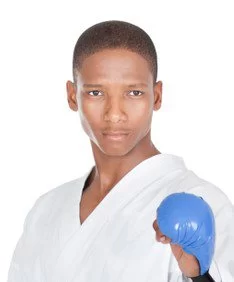
Hi, my name is Godwin. I am a passionate martial artist with black belts in Taekwondo and Karate. I have over 15 years of martial art experience. I created this platform to enable me to help you learn martial art the right way.
